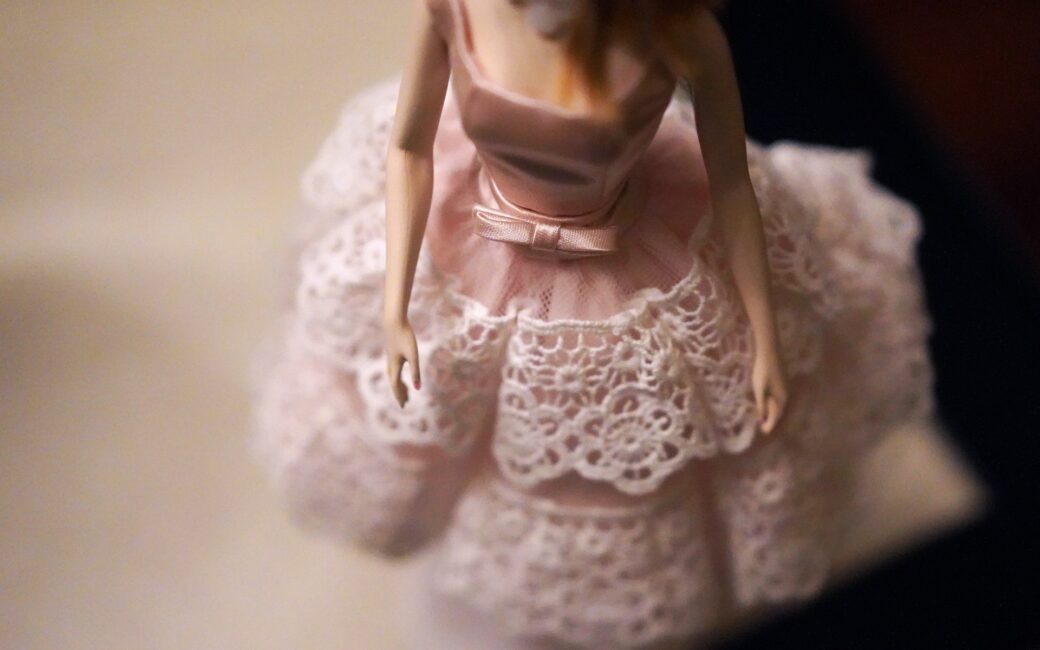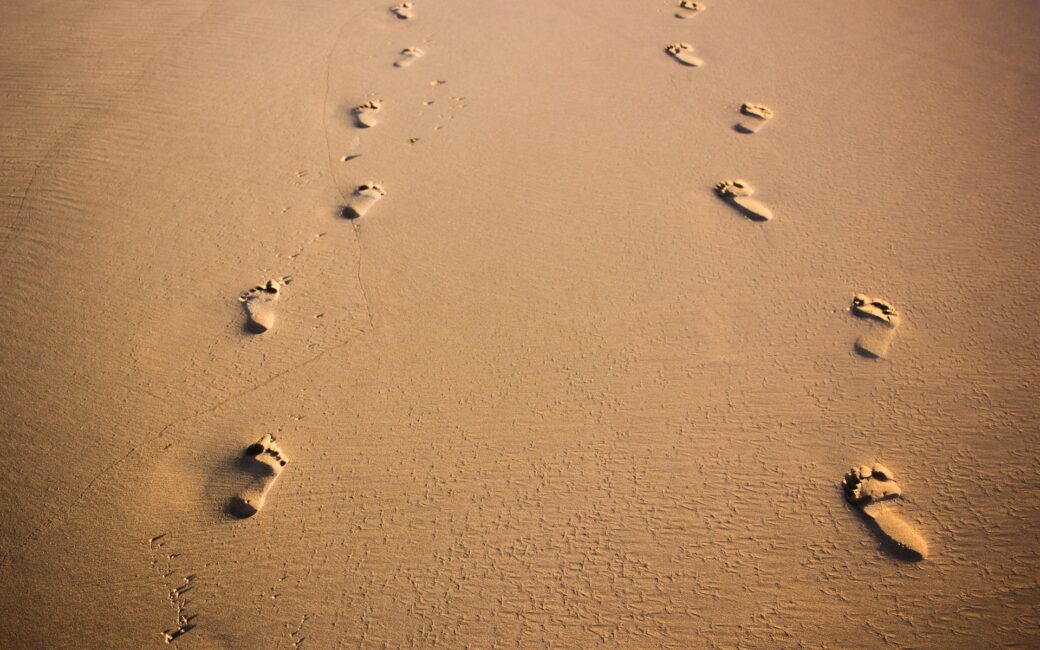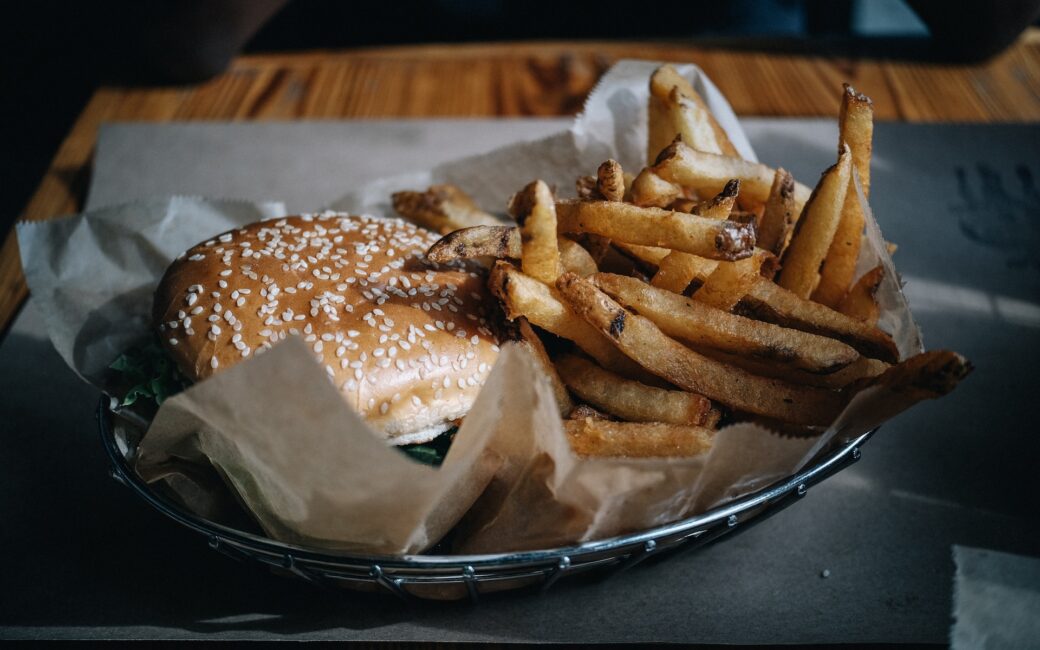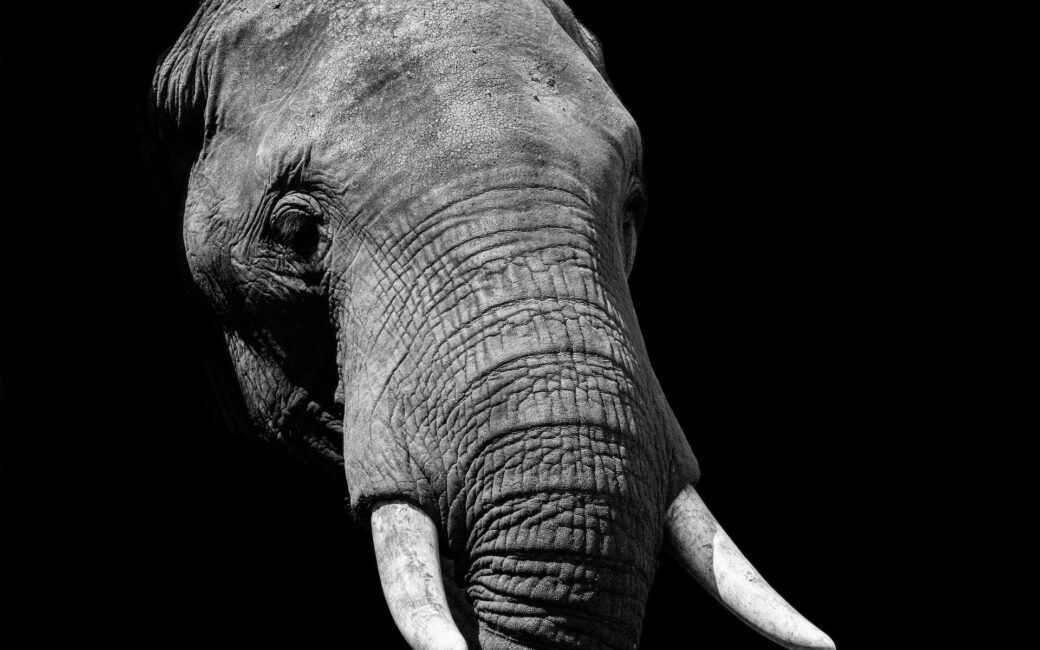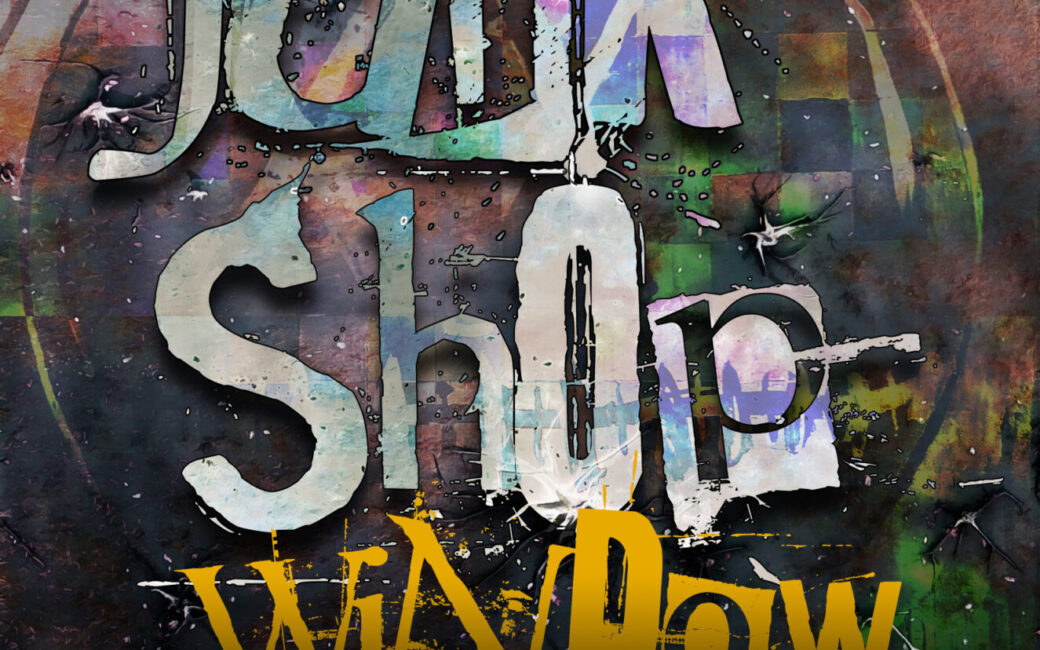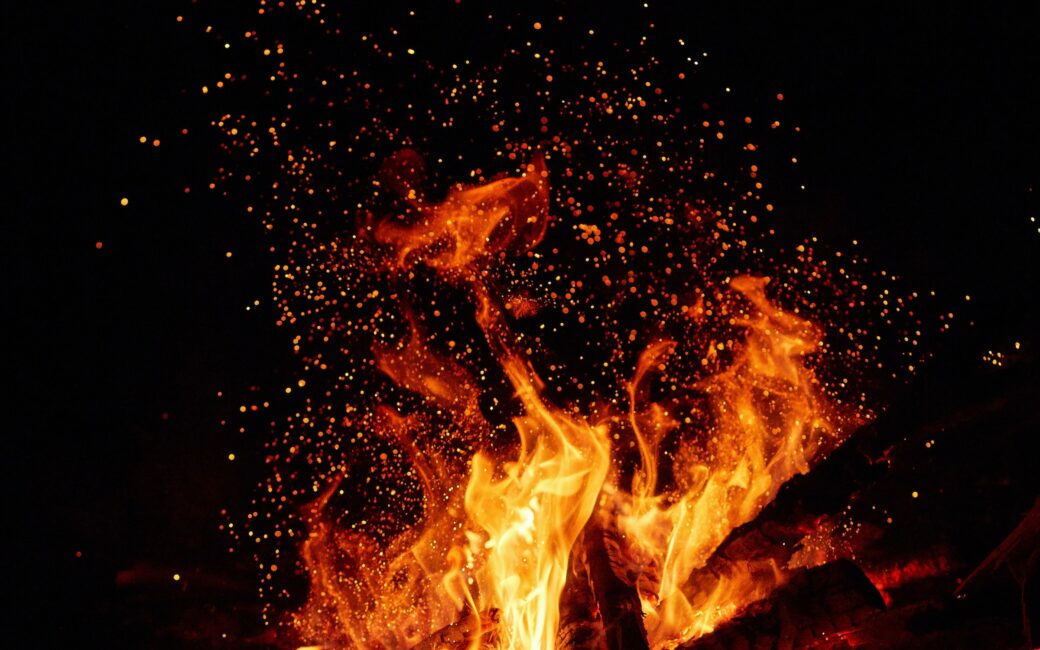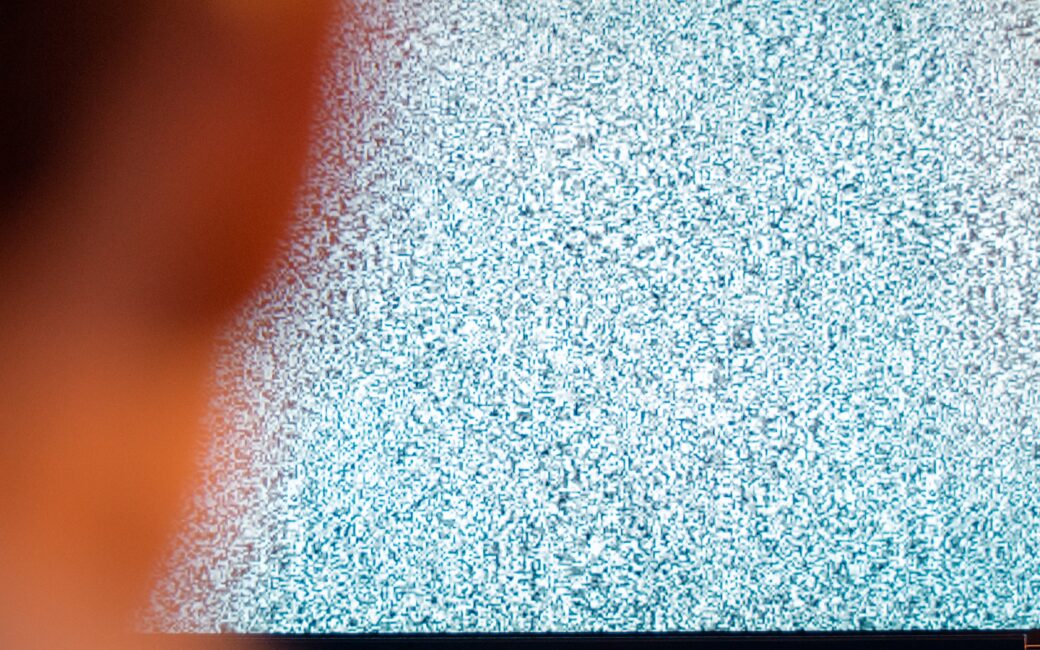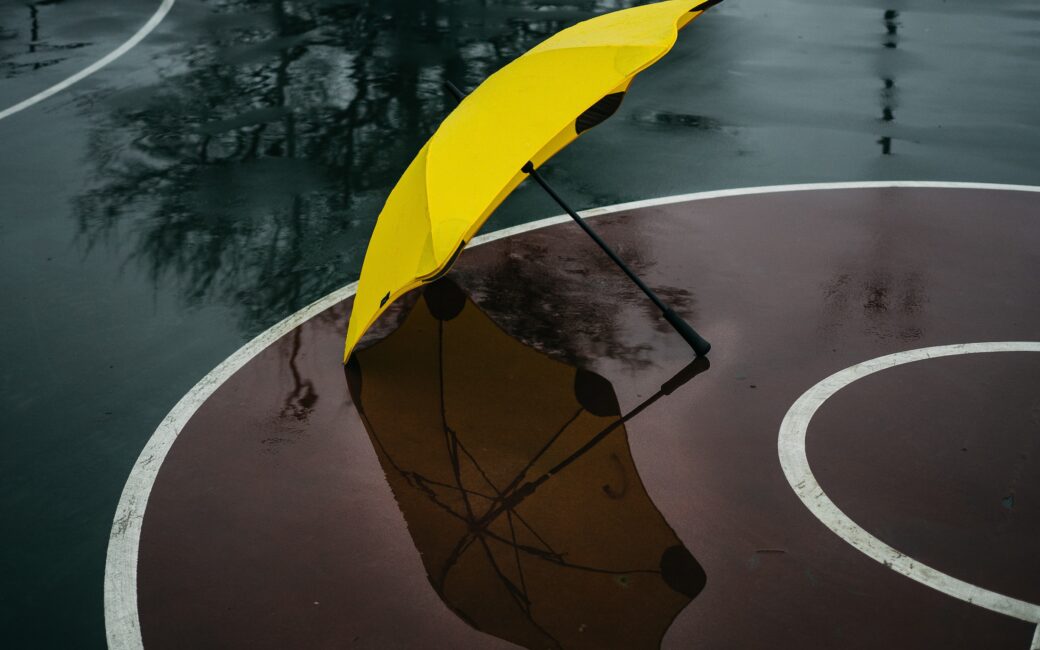Bologna in the Sun
Peanut butter on whole wheat, no jelly
When I stay home sick from school as a child, sometimes sick but other times not, I make myself a peanut butter sandwich and eat it on the floor in front of the television next to my dolls. I animate them in erotic fashion. My mom doesn’t let me have Ken dolls so I only have Barbie and Ariel. I make Barbie and Ariel rub against each other as they wear their sexiest dresses. I always spread too much peanut butter on my sandwich, and I imagine a curl of blond doll hair becomes stuck to the peanut butter. I choke on the thick peanut butter as it melts and joins with the imagined hair in my mouth, now too full to open. I breathe through my nose.
Chocolate milkshake
On Saturdays, my sister and I ride our bikes with my dad. I don’t enjoy heading out into the hot sun at 8:00AM on the weekend and I fear running into someone from school but don’t want to hurt my dad’s feelings. As a treat, we stop by the gas station before we head home after riding through the desert. He buys us each a chocolate milkshake from the dispenser by the bathroom. I can hardly keep the thick, creamy concoction down in the 100+ degree heat, but I never think to tell him I don’t want the milkshake after a long bike ride, to bring up my lactose sensitivity.
Bologna sandwich, dry
My first boyfriend who isn’t a cartoon animal lives across the main road so we walk or ride bikes to meet each other after school. This makes us sound younger than we were. He loathes me but I’m too naïve and inexperienced to differentiate loathing from loving. He asks me to pop a pimple on his back. He says his mom used to do that for him. My first brush with non-familial intimacy. I’m repulsed but do it anyway. One day on our walk, he breaks down and sobs, incoherently tells me I used to be like you and that I remind him of this.
He offers to help me lose weight. We don’t have access to a gym so he has me work in his mother’s backyard in the midday southwestern sun, pulling weeds from the dirt. When I come inside from my chore, my back and arms are purple with sunburn, plum skin grotesque against my lemon-lime striped bikini top. For lunch, he prepares me what he considers a diet meal of ingredients pulled from his mother’s fridge: a round slice of bologna between two pieces of white bread, no condiments. He demonstrates how to press a paper towel to the meat to absorb any excess juice. The color palette haunts me: the purple-pink flesh of that bologna slice pinned against bread.
Slice of deli turkey with mustard
After school, instead of the entire bag of Doritos with two Ding Dongs I’d down a year or so prior, at seventeen I eat a single slice of turkey with yellow mustard. I know the mustard has few calories so I treat myself, allow as much as I want, eating it like it’s a main course. Afraid my mom might notice my recent weight loss, I crumble the edge of a cracker onto the placemat left in my spot at the kitchen island for her to find when she gets home from work. I leave little tableaus like this around the house: food scraps as evidence of eating, my backpack and textbooks arranged in the living room as if I’ve been studying and not staying home sick from school. My estimation of a functioning young adult. If anyone notices, they don’t say anything.
Beef Stroganoff
Once I live with my partner, I try to cook dinner. I never learned to cook, only to eat or not eat. I try to make beef stroganoff, a meal I remember my mother making when I was a child, only I’m too impatient to use many ingredients. I don’t sauté onions and we don’t have many spices. I was disgusted by the dead cockroaches I found in the kitchen cabinets when we moved in and refuse to store anything there, so I buy and assemble a small storage hutch for our plates and cups, piling layers on top of unnecessary layers around me instead of tidying up what’s already there. I use the frozen Schwann’s pre-portioned beef my mother gives me when I visit home, and for a sauce I mix an entire container of sour cream and blobs of butter in the single pan we own. It tastes good to me, salty, though it looks limp and one-note on our plates.
When we break up after five years, my ex becomes angry with me and writes whore across the white front of the hutch with a Sharpie. My mother comes to our place to help me clean out the last of my things, and before she arrives, he smashes the hutch to pieces with a hammer and throws the pieces in the dumpster so she won’t see what he’s scrawled there. I move back home. I’m never really hungry, until I’m so hungry that I stop at a drive-through on the way home and eat tacos and burgers in my car while parked in the lot down the street before joining my parents for another dinner, already full but still wanting.
Soma Café, Phoenix
The only time I live alone—no roommate, no partner, no parents—my apartment is a few blocks from a healthy foods café that no longer exists. They list the calories next to each item on the glowing menu. Everything is clean and uncomplicated, no calculations required. The veggie wrap with hummus and the turkey cranberry roll have the least number of calories, so I alternate ordering these for dinner. I can’t afford the apartment which I’ve signed the lease on during a sales promotion, and don’t have a kitchen table, so I eat my wrap or roll while perched in my bed. I know none of this can last since I’ll have to move within the year, and the café will close down too, but for a span of time I feel full.
Suzy Eynon
Suzy Eynon is a writer from Arizona. Her work has appeared in JMWW, Roanoke Review, Passages North, Autofocus, X-R-A-Y, South Dakota Review, and others. She has an MFA in Writing from Lindenwood University. She lives in Seattle with her cats. Connect on Twitter @suzyeynon or at https://suzyeynon.com/

